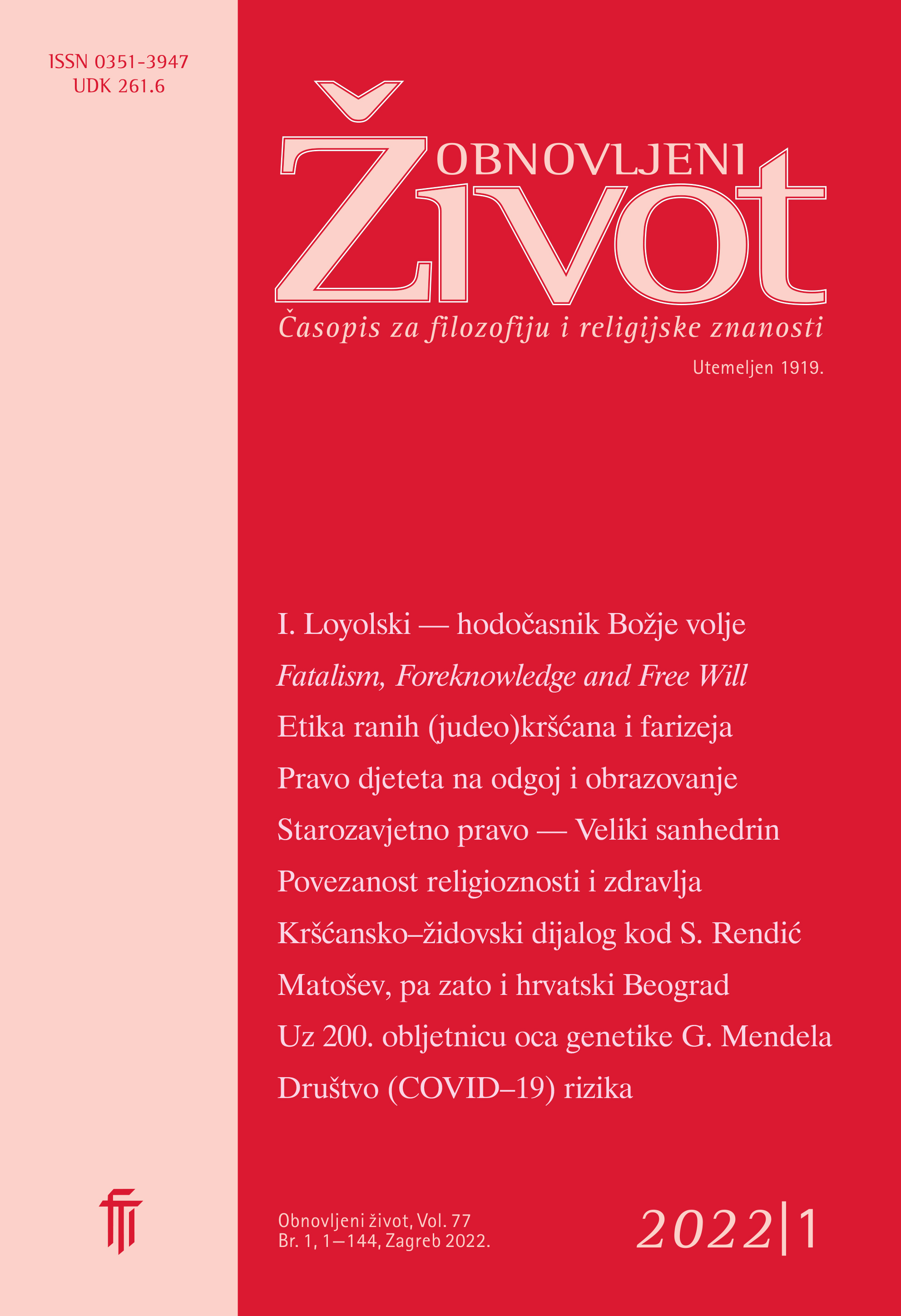Fatalism, Foreknowledge and Free Will
Keywords:
fatalism, Free Will, divine Foreknowledge, OmniscienceAbstract
This paper argues that the concept of divine Foreknowledge is not inconsistent with the denial of fatalism. From the finite perspective of us humans, it might appear that fatalism necessarily follows from the idea of an all-knowing God. However, from an all-knowing and all-powerful God’s point of view, assuming that such a Being exists for the sake of argument, divine Foreknowledge does not necessarily imply fatalism for us. Moreover, to deny that an all-knowing God could be wrong about our future is to make an inconsistent claim. Divine Foreknowledge means that God has infallible Knowledge about our future, and that must be fixed. However, I argue that the denial of fatalism is not inconsistent with God’s Omniscience when combined with some of His other attributes. For instance, a combination of divine Foreknowledge, Omnipotence and Free Will. In other words, God knows the future, but He is not limited to knowing the same future. For God can will the future to be quite different from what He knows it to be. That is to say, with respect to us, God’s Free Will is consistent with the negation of fatalism. The last claim also implies that there is space for human free will in between God’s Foreknowledge and Free Will.
Downloads
Published
Issue
Section
License
Jednom prihvaćeni članak obvezuje autora da ga ne smije objaviti drugdje bez dozvole uredništva, a i tada samo uz bilješku da je objavljen prvi put u Obnovljenom životu. Uredništvo će obavijestiti autora o prihvaćanju ili neprihvaćanju članka za objavljivanje.
Članci objavljeni u časopisu se, uz prikladno navođenje izvora, smiju besplatno koristiti u obrazovne i druge nekomercijalne svrhe.


